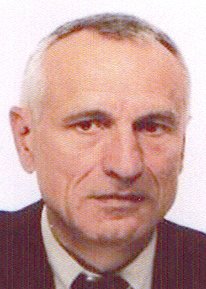Heinz Schilling, born in Bergneustadt/Rheinland, Germany in 1942. Ph.D. from the Universität Freiburg. Chair in Early Modern History at Humboldt Universität, Berlin.
Fellow (1 September 2003 – 31 January 2004)
THE RISE AND DEVELOPMENT OF THE EARLY MODERN STATE SYSTEM DURING THE CONFESSIONAL EPOCH – 1559 TO 1660
My work concentrated on the historical framework for the growth of an Early Modern state system. This entailed looking at state building; Reformation and confessionalization: European Expansion and Early Modern World Economy; the network of non-state agencies in international affairs; instruments and concepts of the increasing level of foreign policy of the states; the meaning of symbols and rituals in diplomacy and early modern power relations in general. My research and writing focused on three topics. First, the basic assumption of fundamental change in the models of the morphology of European powers and of the structure and functions of their relations from around 1550 to around 1600 was developed and discussed. Secondly, the area around Northern Italy and Switzerland was identified as one of the key regions of international affairs during the confessional era and the influence of its antagonistic confessional and political structure on the European power relations was analysed. Thirdly, within the Scandinavian-Baltic power circle the key events in Livland /Lithuania and their influence on the changing power map of the region were described, and the dialectical interaction of rising (esp. Sweden, in a longer perspective also Russia) and declining (apart from the Lithuanian principalities especially the Hanse) powers was analysed.
